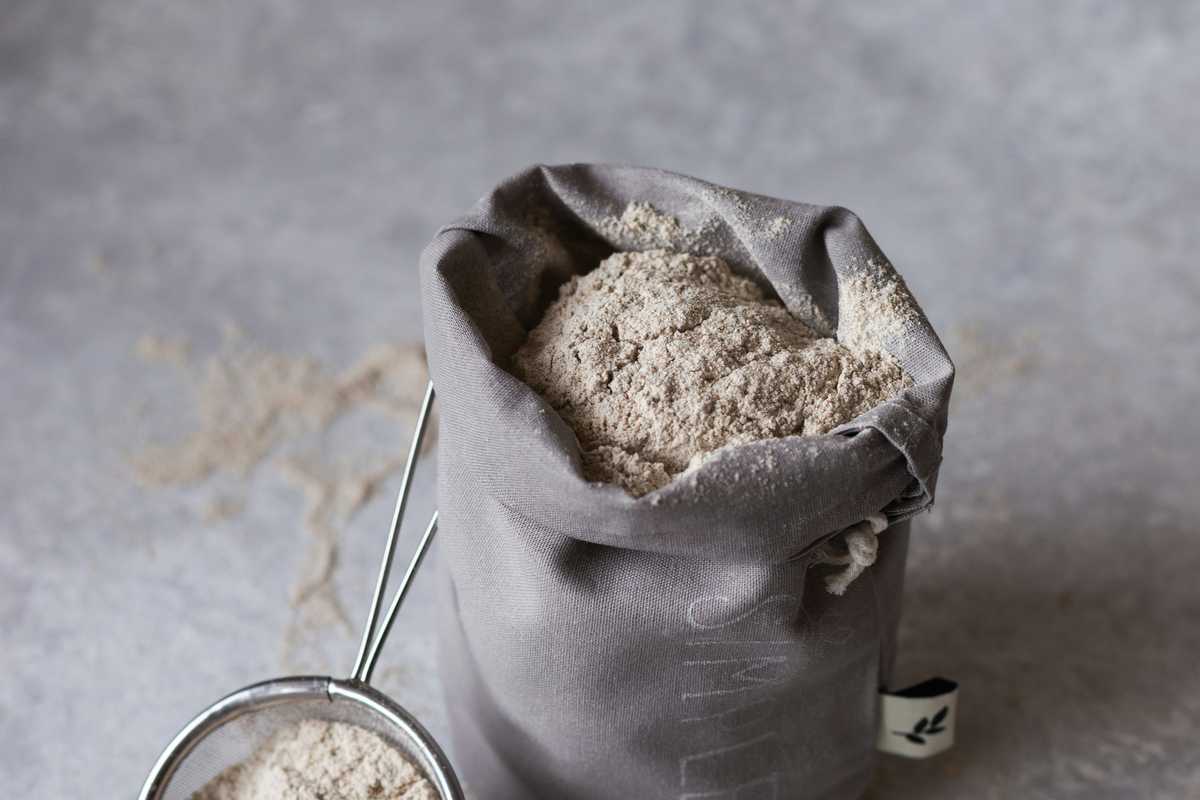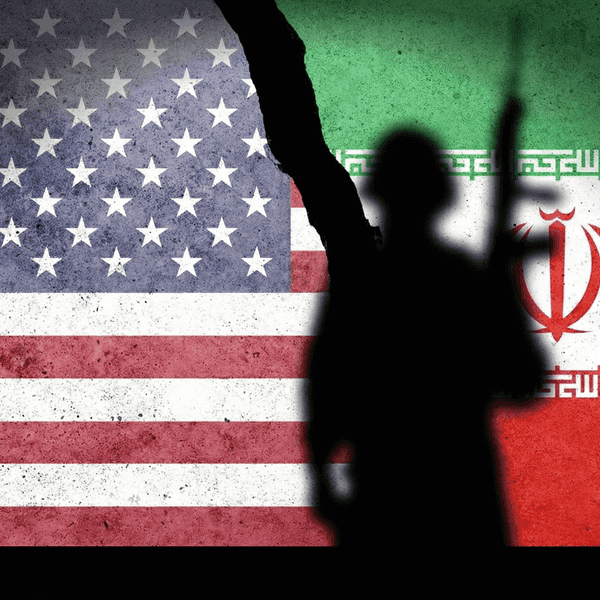Association urges Pakistan govt to immediately allow wheat import amid shortfall concerns
Current government reserves reportedly stand at 4.8 million tons, while private consumption has already reached around 2.5 million tons

Haris Zamir
Business Editor
Experience of almost 33 years where started the journey of financial journalism from Business Recorder in 1992. From 2006 onwards attached with Television Media worked at Sun Tv, Dawn Tv, Geo Tv and Dunya Tv. During the period also worked as a stringer for Bloomberg for seven years and Dow Jones for five years. Also wrote articles for several highly acclaimed periodicals like the Newsline, Pakistan Gulf Economist and Money Matters (The News publications)

Amid growing concerns over a looming wheat shortage and rising prices, the Cereal Association of Pakistan (CAP) has urged Prime Minister Shehbaz Sharif to immediately authorize the import of at least 1.5 million tons of wheat through a comprehensive and inclusive policy that welcomes participation from all private sector stakeholders.
In a letter addressed to the prime minister, CAP Chairman Muzzammil R. Chappal warned of an estimated shortfall of three million tons and stressed the urgent need for a transparent, non-restrictive wheat import policy.
He said such a move is essential to stabilize consumer prices, avoid supply chain disruptions, and maintain food security in the country.
Chappal cautioned against restricting wheat imports to flour millers alone, arguing that commercial importers are better equipped to manage the procurement process efficiently and without requiring government subsidies.
“Restricting imports solely to flour millers could create complications, as most millers lack the financial capacity to import wheat in large volumes,” the letter stated.
“This often results in higher domestic prices due to resale and quota trading. In contrast, commercial importers bring competition, drive prices down, and reduce pressure on the national exchequer.”
According to CAP, Pakistan imported 3.7 million tons of wheat in 2023—worth approximately USD 1 billion—through private traders without any government support, setting a precedent for effective market-based solutions.
Flooding in several regions has further exacerbated the crisis by damaging existing wheat stocks and disrupting logistics.
CAP warned that the upcoming wheat harvest could also face delays, increasing the urgency for imports.
The association also pointed out that international wheat prices are currently favorable, making it an ideal time to place import orders before global markets shift.
Current government reserves reportedly stand at 4.8 million tons, while private consumption has already reached around 2.5 million tons, widening the supply-demand gap. Chappal emphasized that the government must act quickly to prevent market instability.
In addition to addressing consumer needs, CAP’s letter also stressed the importance of protecting farmers.
According to estimates cited in the letter, the current cost of wheat production is between PKR 3,100 and PKR 3,200 per maund, while farmers need to earn at least PKR 4,000 per maund to remain profitable.
CAP argued that a fair and transparent import policy could help ensure farmers receive adequate compensation without market distortions.
Chappal firmly rejected any proposal to centralize wheat imports under government control, saying such measures would “increase uncertainty, promote cartelization, and undermine stakeholder confidence”.
Market analysts say the CAP’s request is both timely and economically rational.
“Allowing the private sector to import wheat encourages competition, which ultimately benefits consumers,” said an agribusiness analyst.
“We’ve seen in the past that centralizing imports can lead to inefficiencies, rent-seeking behavior, and artificial price manipulation.”
He also echoed concerns over potential delays in the domestic crop due to flooding. “If the government fails to act now, we may face another food inflation crisis by early next year,” he said.
The letter was also copied to federal ministers for food security, commerce, and finance, as well as the chief ministers of Punjab, Sindh, Khyber Pakhtunkhwa, and Balochistan.







Comments
See what people are discussing